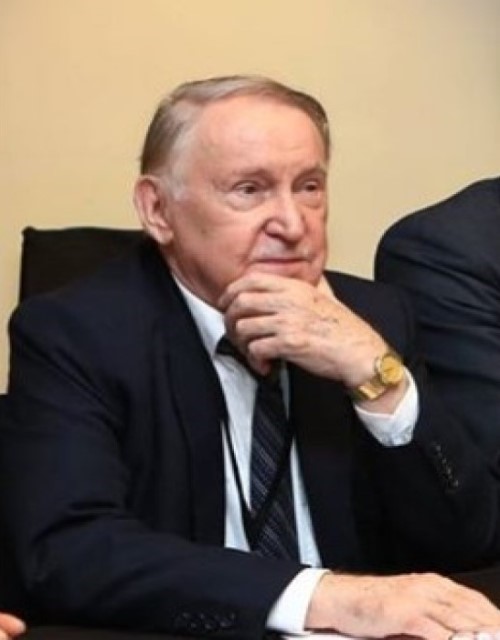About
Professor Dr Dietrich Kebschull is presently the Chairman of IGEP, New Delhi. He has been in India since 1987 as Director of Indo-German Export Promotion (IGEP), which was run by the Indian and the German Governments. Dr Kebschull is today also the Representative of the German Federal States Hamburg and Schleswig-Holstein for Economic Relations. The Business Social Compliance Initiative (BSCI), an initiative of European retail companies initiated by the Foreign Trade Association (FTA) based in Brussels, appointed him as the official representative of BSCI in India.
He was also the Chief Programme Coordinator of EU-India and Investment Development Programme (EU-TIDP) between 2005 – 07. In his work he always put special focus on the social and environmental impact of private sector activities. He was instrumental in the introduction in 1994 of the RUGMARK-label, which assures that carpets are produced without illegal child labour and helped to avoid a boycott of Indian carpet exports. For his work in the carpet industry, he was awarded with life-time award by the Carpet Export Promotion Council (CEPC) of India. IGEP under him developed a new standard ISES 2000/2020, which is to be seen as a predecessor of SA 8000.
The ISES standard became after the first tests in the Indian shoe and textile/garment industry the basis for the BSCI (Business Social Compliance Initiative) of todays Brussels bases Foreign Trade Association. Social and environmental compliance has been introduced in sectors like carpets, leather, handicrafts, jewellery, natural stones, mica, textiles & garments and many others are normally financed by exporters and importers from the private sectors. In the RUGMARK initiative five schools and one childrens home with boarding schools are run in the region of Varanasi-Mirzapur-Badhoi in Uttar Pradesh for the children of weavers and other poor sections of the society. At present about 2500 children attend these schools. In addition, the Little Keb Schools have been introduced in New Delhi and in Jharkhand.
Today, four such schools for the weakest sections have been established. They all provide officially acknowledged education and offer first courses in vocational training. Regular health care is organized, in addition to special campaigns for villagers, who do not have other access to medical care. For his work in India he has been awarded by Export Promotion Councils, associations and institutes. In 1995 he received the German Cross of Merits by the President of the Federal Republic of Germany.

